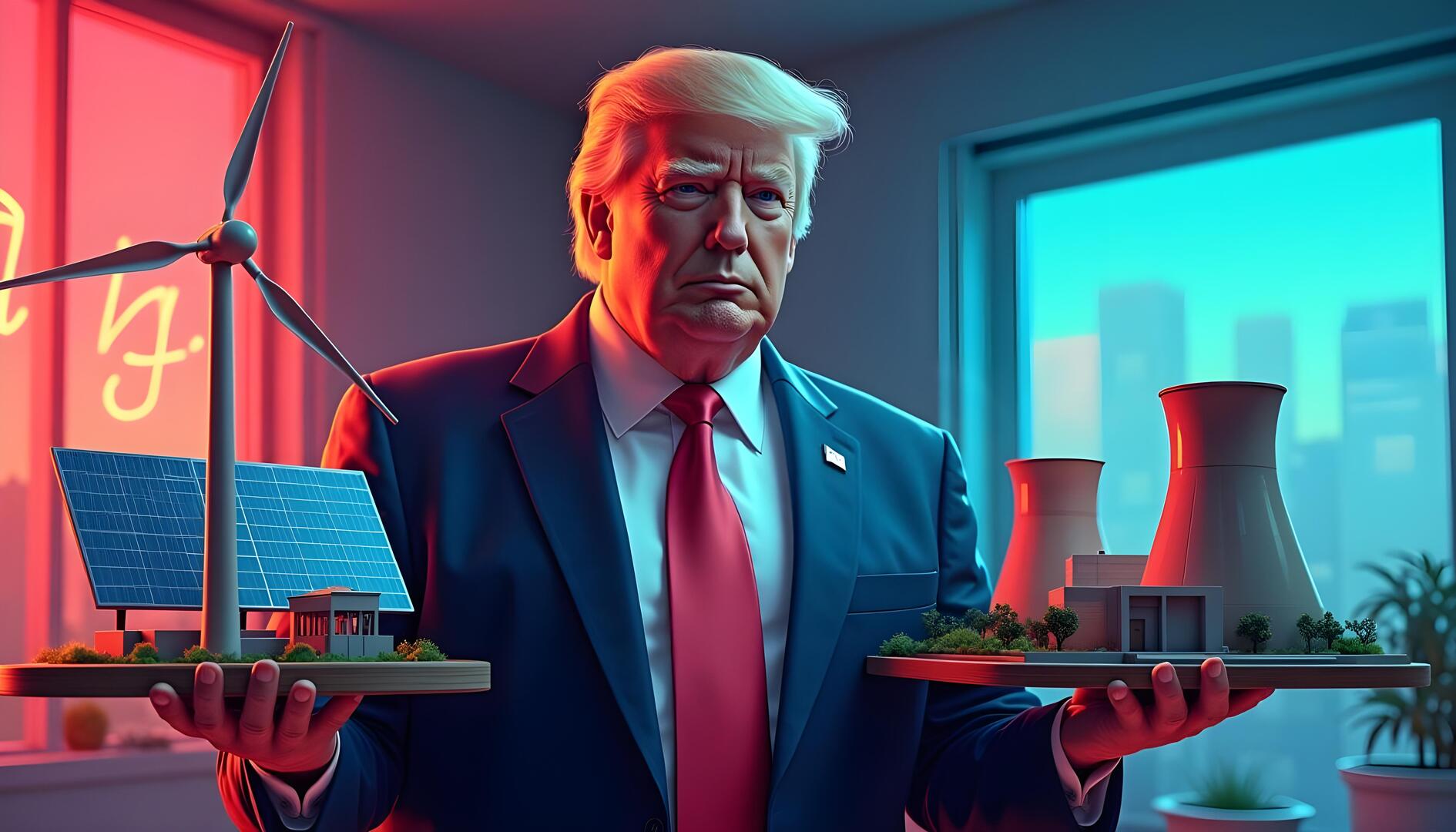Published November 14, 2024, 2:17 AM (GMT+1) in El Español
In August 2022, former U.S. President Joe Biden signed one of his landmark laws: the Inflation Reduction Act of 2022, known across the industry simply as IRA.
Faced with this law, formally aimed at “building a new clean energy economy, driven by American innovators, American workers and American manufacturers,” the European industry seemed to blanch in horror at the overtly protectionist spirit of this decision.
And also, why not admit it, raging with envy at the difficulty of the European Union, both financially and politically, to develop such an action. So much so that the EU has had to react to launch a response to this initiative in the form of the Green Deal Industrial Plan (GDIP) and the Net Zero Industry Act (NZIA).
In Europe, we’re still aiming for “Europe Almost First,” while “Europe Only” remains far off
Donald Trump’s rise to power in the U.S. has sparked discussions in some circles about the future of this law—a future with implications not only for the U.S. but for the rest of the world and, in our case, the EU. Will the new Trump administration fully or partially eliminate the IRA? Could Europe benefit from this?
There doesn’t appear to be unanimous agreement among analysts on the future of the IRA, and the quick assumption that Trump might rescind it may be hasty, particularly given that a significant portion of the relief funds in the law have already been allocated to states and districts that were predominantly Republican even before these elections. The reality is that, thanks to the IRA, many American companies are already cashing in and investing in renewable energy.
Moreover, some of the funds provided by the law are already in execution, driving what analyst Bruce Katz calls “reshoring,” meaning certain industries are returning to their places of origin, drawn by the financial or energy advantages encouraged by the law.
Therefore, it is not out of the question that Trump will limit himself to tinkering with some bureaucratic or fiscal aspects, preserving the nearly autocratic spirit of the law.
The arrival of Donald Trump to power in the US has caused some sectors to start debating the future of the IRA
Perhaps the best response to this uncertainty is for Europe to “go about its business”. Clearly, decisions made by the U.S. administration directly affect the future of global energy management, whether through their impact on global decarbonization efforts or through the protectionism of the U.S. market itself. However, continuing to trail behind other countries’ decisions does not seem like the solution for Europe.
Now more than ever, it’s essential to work toward European energy sovereignty based on renewable energy sources and reducing dependence on countries like the U.S.
This is why it’s necessary to keep investing in GDPI and NZIA projects, and to be aware that Trump can go beyond his own slogan “America First” to build the reality of an “America Only”. Keeping in mind that in Europe we are still aspiring to “Europe almost first” while “Europe Only” remains far off”, at least as far as energy management is concerned.

